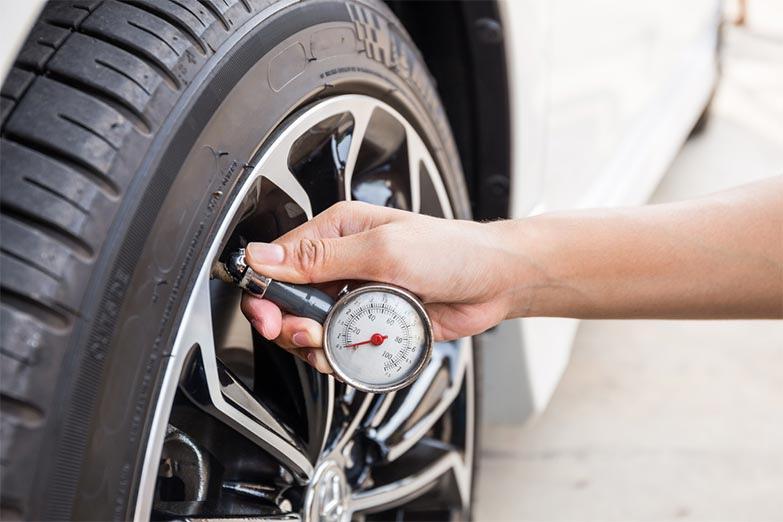The Importance of Tires
Tires are one of the most important components of a vehicle. They provide the necessary traction and grip that allows a vehicle to safely navigate roads and highways. Without quality tires, a vehicle's handling, braking, and acceleration can all be compromised, putting the driver and passengers at risk.
In addition to safety concerns, tires also play a significant role in a vehicle's overall performance. Quality tires can improve fuel efficiency, reduce road noise, and provide a smoother ride. Investing in high-quality tires is not only an investment in safety, but also in the long-term health and performance of a vehicle.

Types of Tires
There are four main types of tires available in the market: allseason, winter, summer, and performance tires.
All-season tires are designed to provide a balance between grip, handling, and durability in all weather conditions. They are suitable for use throughout the year, but may not perform as well as specialized tires in extreme conditions.
Winter tires, also known as snow tires, are designed to provide superior traction on snow and ice. They have a unique tread pattern that helps them grip onto slippery surfaces, making them ideal for use in cold climates.
Summer tires are designed to provide excellent grip on dry roads in warm weather conditions. They have a softer rubber compound that allows them to stick to the road better, providing better handling and braking performance.
Performance tires are designed for high-performance vehicles and driving enthusiasts. They offer superior grip, handling, and braking performance at high speeds, but may wear out faster than other types of tires.

Choosing the Right Tires
When choosing the right tires for your vehicle, it's important to consider several factors to ensure optimal performance and safety. The first factor to consider is the driving conditions you will encounter. If you live in an area with harsh winters, winter tires may be necessary to ensure proper traction on snow and ice. On the other hand, if you live in an area with hot summers, summer tires may be more appropriate for better handling and performance.
Another factor to consider is the type of vehicle you have. Different vehicles require different types of tires depending on their weight, size, and intended use. For example, trucks and SUVs may require all-terrain tires for off-road use, while sports cars may require highperformance tires for better handling at high speeds.

Investing in Quality Tires
Investing in high-quality tires is one of the best decisions you can make for your vehicle. Not only do these tires provide better safety and performance, but they also last longer than cheaper alternatives. When it comes to your safety and the longevity of your vehicle, quality should be your top priority.
High-quality tires are designed to perform better in various driving conditions, such as wet or snowy roads. They offer better traction, handling, and stability, which translates to a safer driving experience. Additionally, these tires are made with durable materials that resist wear and tear, ensuring that they last longer than cheaper options. Investing in quality tires may cost more upfront, but the long-term benefits outweigh the initial expense.

Maintaining Tires
Regular tire maintenance is crucial for ensuring your vehicle's safety and longevity. One of the most important maintenance practices is regular tire rotations. This involves moving the tires from one position to another on your vehicle to ensure even wear and tear. By doing so, you can extend the life of your tires and improve their overall performance.
Another important aspect of tire maintenance is checking tire pressure regularly. Properly inflated tires not only improve fuel efficiency, but also provide better handling and traction on the road. Be sure to check your tire pressure at least once a month and before long trips.

